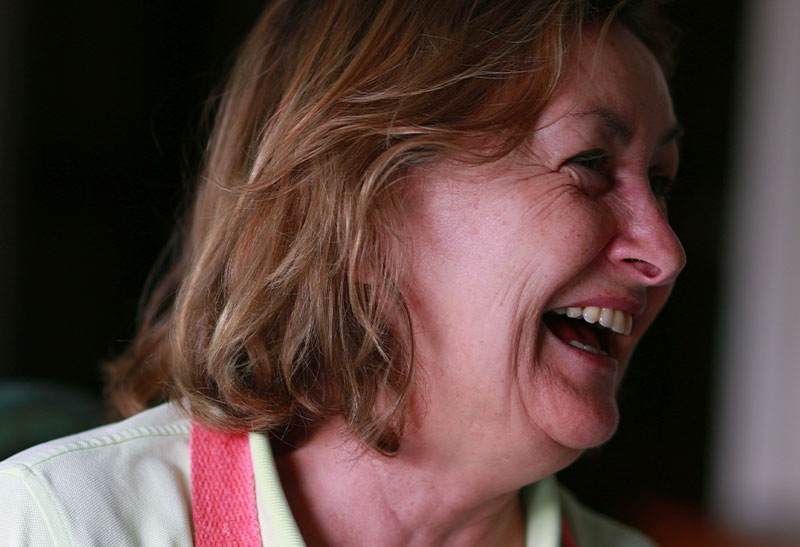
Life Insurance for Tourettes Syndrome Sufferers.
Finding life insurance when you have Tourette’s syndrome shouldn’t cause many issues and should be fairly easy to obtain. However this depends on the severity of your condition as well as any treatment or medication you have had.
How Tourettes Syndrome Life Insurance Works
Insurance providers may need to know a few things about you in order to process your application:
- When you were diagnosed
- What medication you use/have used
- Any complications you have as a result of your condition
- Any other medical conditions you have
- Your body mass index (BMI)
- If you’re a smoker

Tourette’s Syndrome Life Insurance.
Getting life insurance when you have Tourette’s Syndrome should be relatively simple. Providers will ask a few things about your condition to assess how much of a risk your condition is to them.
If your condition is mild, and you don’t have any other pre-existing medical conditions then it is possible that you can get Tourette’s Life Insurance at standard rates, this means that you would pay the same amount for your cover as someone without any medical issues.
Tourette’s Syndrome Critical Illness Cover.
If you have Tourette’s Syndrome and you are looking for critical illness cover it is possible that you will be accepted. This depends on the severity of your condition and any complications you have had as a result. In addition, any other medical conditions or issues you have can also affect your application.
It is also possible that your policy may have an exclusion placed upon it, excluding your Tourette’s syndrome or possibly an entire mental health exclusion depending on the severity of your condition.
Tourette’s Syndrome Income Protection.
Similarly to Tourette’s Syndrome Critical Illness Cover, Tourette’s Syndrome Income Protection is possible to get. It will depend on your medical history and the severity of your Tourette’s syndrome as to what type of income protection is available to you and it is also likely that there will be an exclusion applied to your policy.
Our customers love us.
Would recommend using this service
Tom has been incredibly helpful throughout the whole process of getting my life insurance set up. Very knowledgeable and absolutely ‘on it’ to get me the best product out there.
Mat Wise
First Class Experience
Service was first class, Simon kept me informed at every step in the process.I would have no hesitation in dealing with him again.
Duncan Fordyce
Great, Quick Service
Dealt with Karl who could not have been more helpful. Made the whole process of getting life insurance far easier than other providers I had approached.
Shelley Jenkins
Fantastic!
Approved immediately. Process was so fast and a lot cheaper than I thought. Highly recommended.
Nicola Storr
Facts about Tourette’s Syndrome.
Tourette’s Syndrome is a condition that causes a person to make involuntary sounds and movements called tics. The cause of Tourette’s Syndrome is currently unknown, however it is treatable.
Tourette’s Syndrome Stats (UK).
- It is estimated that 1 school child in every 100 has Tourette’s Syndrome
- More than 300,000 children and adults in the UK live with Tourette’s Syndrome
- Tourette’s Syndrome is more prevalent in boys
- Only 10% of Tourette’s Syndrome sufferers swear involuntarily
Tourette’s Syndrome Symptoms.
The main symptom of Tourette’s Syndrome is tics, which usually appear in childhood between the ages of 2 and 14 (averaging at age 6). People with Tourette’s can have a combination of physical and vocal tics.
Examples of physical tics are:
- Blinking
- Jerking of the head/limbs
- Eye rolling
- Touching/grabbing objects or other people
- Jumping
Examples of vocal tics are:
- Whistling
- Tongue clicking
- Throat clearing
- Saying random words or phrases
- Repeating words, phrases or sounds
- Swearing
Tics are not usually harmful to a person’s health, but physical tics that involve jerking of limbs for example, can be painful. Tics can vary from day to day, with some days being worse than others. Things such as stress, anxiety or tiredness may worsen tics.
People with Tourette’s Syndrome can have other medical conditions such as:
- Attention Deficit Hyperactivity Disorder (ADHD)
- Obsessive Compulsive Disorder (OCD)
- Depression
- Anxiety
Tourette’s is currently incurable, however research has shown that generally as Tourette’s Syndrome sufferers age their condition improves. Treatment is also available to help people manage their tics although most children with Tourette’s Syndrome don’t need treatment.
Treatments.
There are 2 main types of treatment:
- Behavioural
- Medicine
Behavioural treatment includes therapy, usually provided by a psychologist or specially trained therapist. There are 2 types of behavioural therapy that have been shown to reduce tics, habit reversal training and exposure with response prevention (ERP).
Habit reversal training involves working out the feelings that trigger tics, and then find an alternative, less noticeable way to relieve the tic.
Exposure with response prevention trains Tourette’s Syndrome sufferers to better control your urge to tic, techniques are used to recreate the urge to tic to train people to tolerate the feeling, without ticking, until the urge passes.
Medicinal treatment is only recommended if the tics are more severe or affect daily activities, and they may have side effects or may not work for everyone.
Useful links
https://www.nhs.uk/conditions/tourettes-syndrome/
https://www.tourettes-action.org.uk/